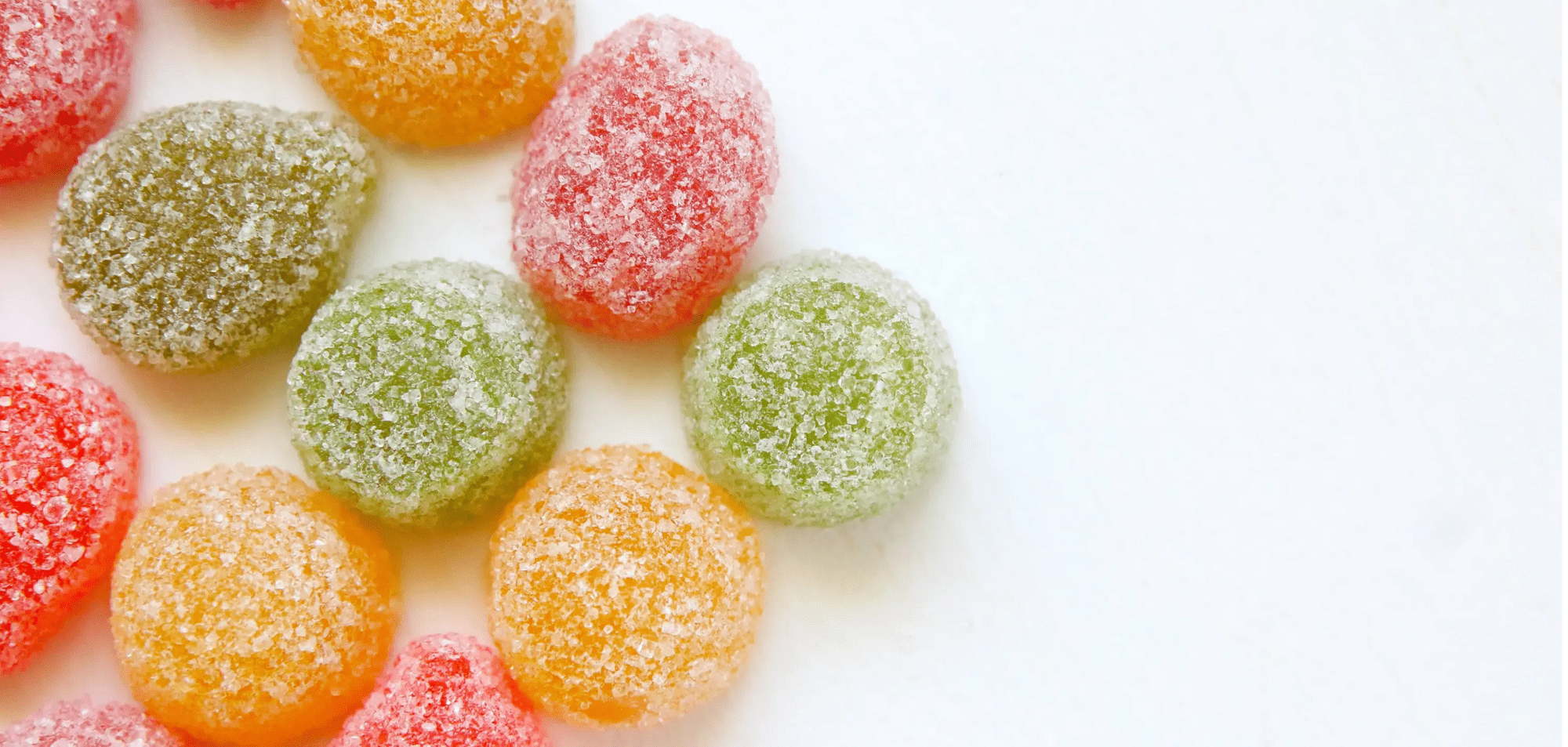What’s the Big Deal with Blood Sugar?
You may know that having very high blood sugar isn’t good for you, and is usually a sign of type 2 diabetes.
But there’s a lot more to blood sugar than just the name – and your glucose levels could dictate the direction of your health.
When we eat, our food breaks down into glucose, which travels through our bloodstream. Our pancreas secretes a hormone called insulin that moves the blood sugar into our cells.
Then, our body uses this glucose to provide us with energy. Any glucose molecules that aren’t used by our cells immediately are stored for later.
What Should Your Glucose Levels Be?
Our blood glucose levels should be under 100 mg/dL after fasting for 8 hours.[1] They should also be less than 140 mg/dL 2 hours after eating.
During the day, a normal person’s blood sugar level can be between 70 mg/dL and 80 mg/dL. Your blood sugar likely won’t go under 60 mg/dL.
Doctors also use blood sugar to diagnose or predict your risk for type 2 diabetes.[2]
- If your fasting blood sugar is higher than 126 mg/dL on two separate tests, you have type 2 diabetes.
- If your fasting blood sugar is between 100 mg/dL and 125 mg/dL, you have prediabetes.

What Can Spike Your Blood Sugar?
Generally speaking, foods that contain simple carbohydrates often lead to higher blood sugar spikes.[3] This is because our body breaks down these carbohydrates more quickly than complex ones, which lead to a higher level of glucose in your blood in a shorter amount of time.
Processed foods and foods with added sugar are rich in simple carbohydrates. In addition, consuming simple carbs in liquid form usually leads to a higher spike as well – this is because our body doesn’t have to work as hard to break them down, unlike solid food.[4] Sodas, sweet coffee drinks, and fruit juices can all lead to a spike.
But everyone has different blood sugar responses to different foods. For example, you and your friend might split a sundae for dessert at your favorite restaurant. After eating, your glucose might spike very high very fast, while your friend might see a moderate rise over the next hour.
What Happens If Your Blood Sugar Spikes a Lot?
If you have frequently high blood sugar, glucose can build up in your bloodstream and your blood sugar levels rise over time.
Because glucose is so high, our cells can fail to properly respond to insulin, so more blood sugar stays in your system – which can lead to the development of type 2 diabetes.
Maintaining stable blood sugar levels is key to maintaining a healthy life.
If your blood sugar gets too high, you could develop diabetes and raise your risk of other chronic diseases, like heart disease and stroke.
Watch what you eat, exercise regularly, and invest in a glucose meter to monitor your blood sugar.[5]
Stay away from foods that can lead to a spike, and focus on filling your plate with whole foods rich in complex carbohydrates and other nutrients.
By making these changes, you can help stabilize your glucose and improve your health!





